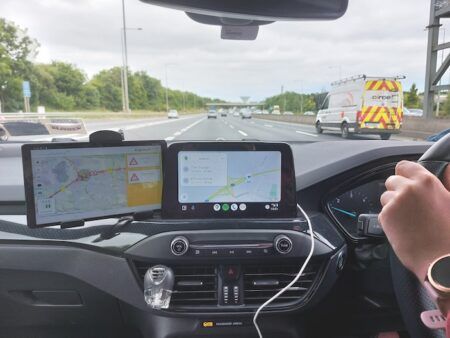The majority of transportation professionals believe that, contrary to the opinions of traditional regulators, ride-sharing services like Uber will eventually spell the end of traditional taxis and transform the sector into a self-regulating free market.
Over 200 transportation professionals voted in the latest Traffic Technology Today poll, to give their opinion on the question: Does Uber mean the end of taxi regulation? And the results were significant: 60% believe “YES, taxi services will exist in an essentially self-regulating free market”, while the minority, 40%, think “NO, governments will eventually need to place limits on licences issued.”
The vote followed a The Big Debate published in the January 2016 issue of Traffic Technology International magazine. In it, Mike Hearn, a software engineer for Bitcoin, who agrees with the majority of the poll respondents, says of app-based Uber: “Eliminating the human and doing management via the internet makes many taxi regulations and therefore the regulations, obsolete”.
However, the experienced voice of ‘Gridlock Sam’, Samuel I Schwartz, one of the USA’s best-known transportation engineers, sounds a note of caution. “The real problem with an unregulated market is a surplus of VIM – vehicles in motion,” he says. Without proper regulation there’s a very real chance that we will end up with too many vehicles on our streets – and therefore gridlock.
Only time will tell whether we are heading for self-regulating utopia, or unregulated chaos. But, as Hearn also points out, the advent of autonomous taxi services, being planned by Uber and Google, are likely to shake things up even more. Their introduction will spark the ultimate “showdown between the tech industry and regulators,” Hearn predicts.
Read the entire The Big Debate from Traffic Technology International, January 2016, here




